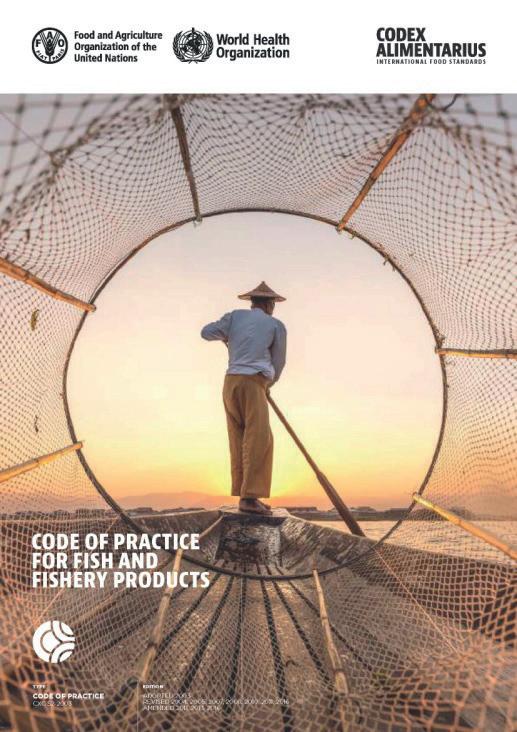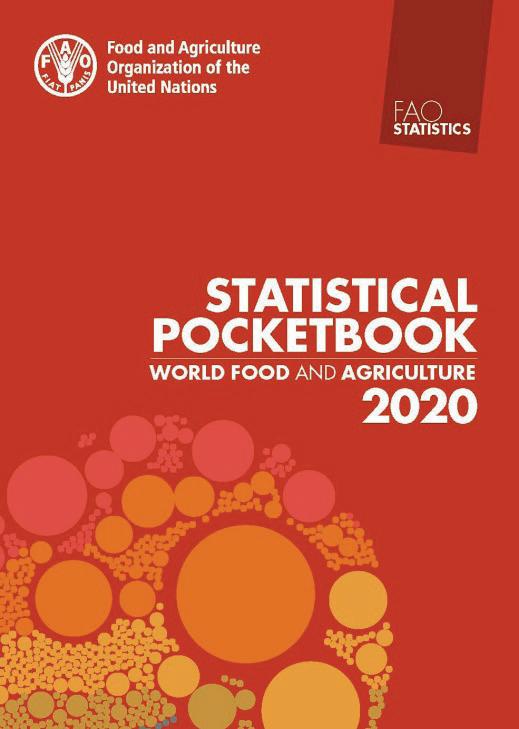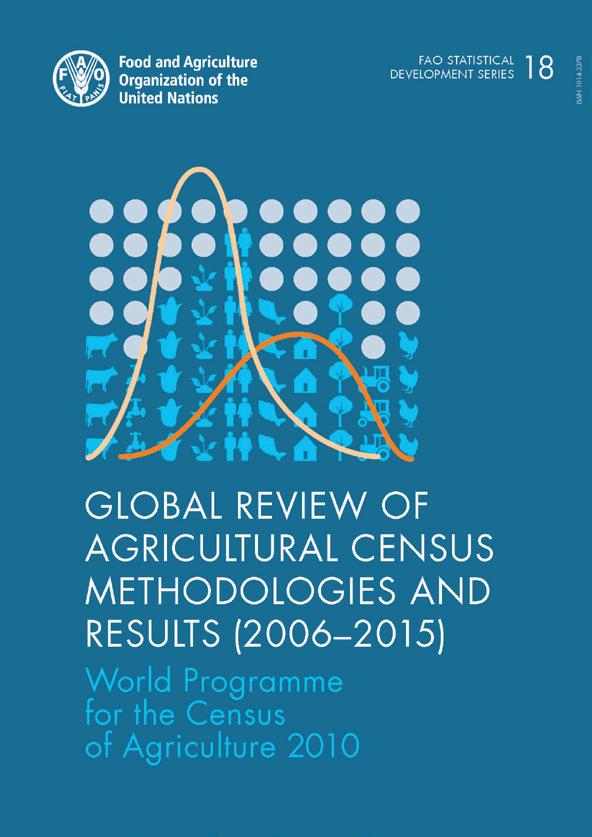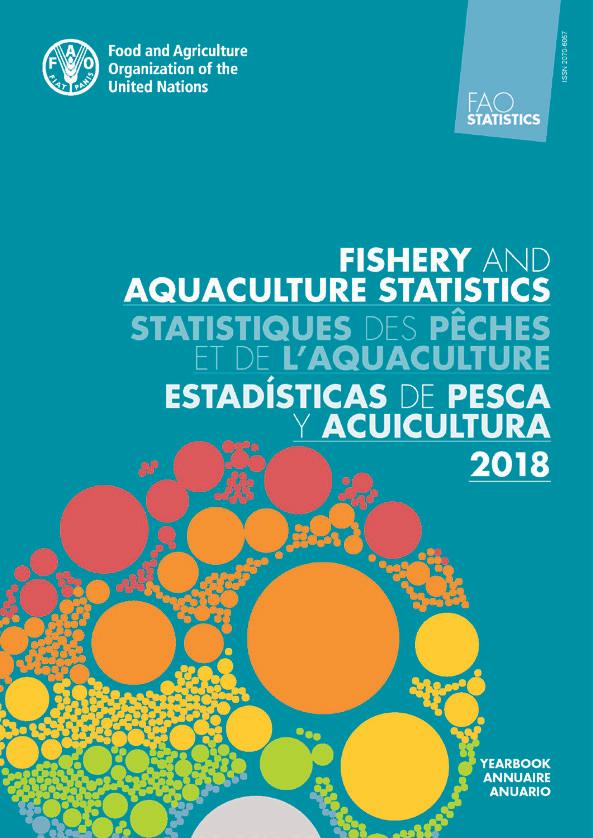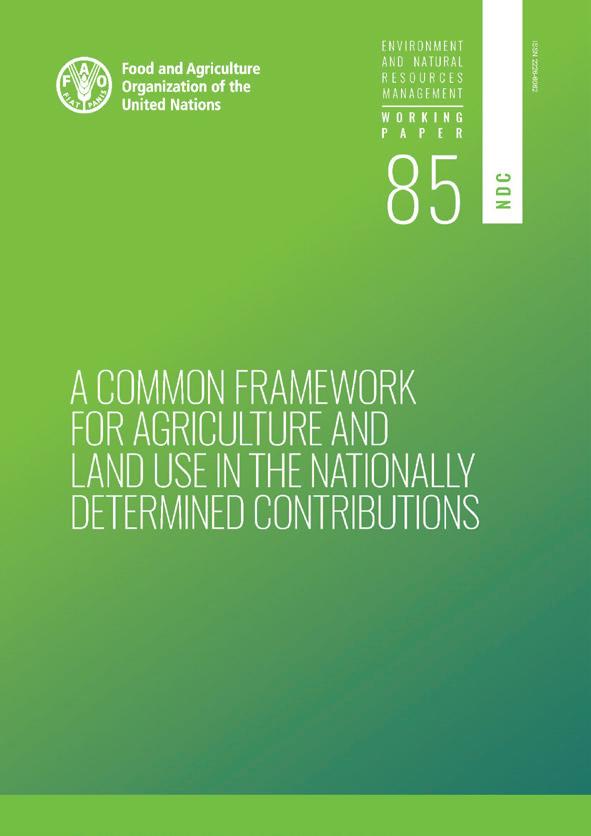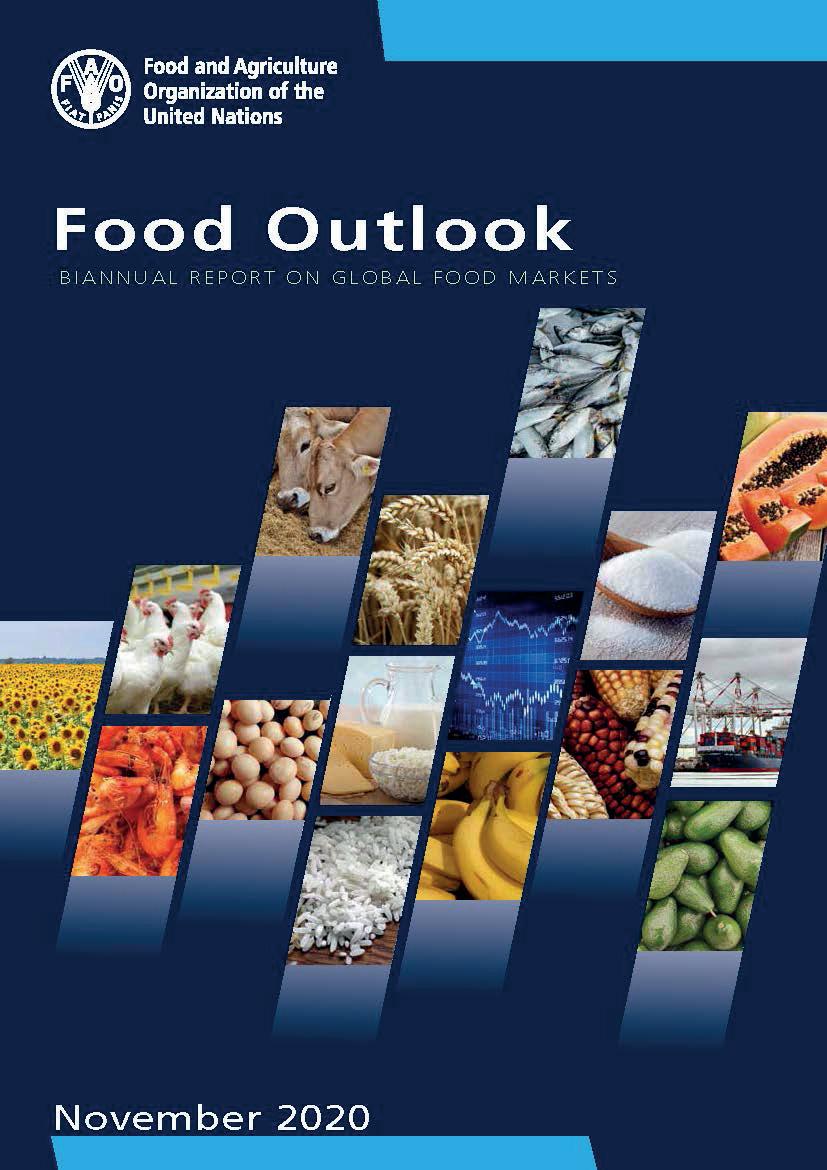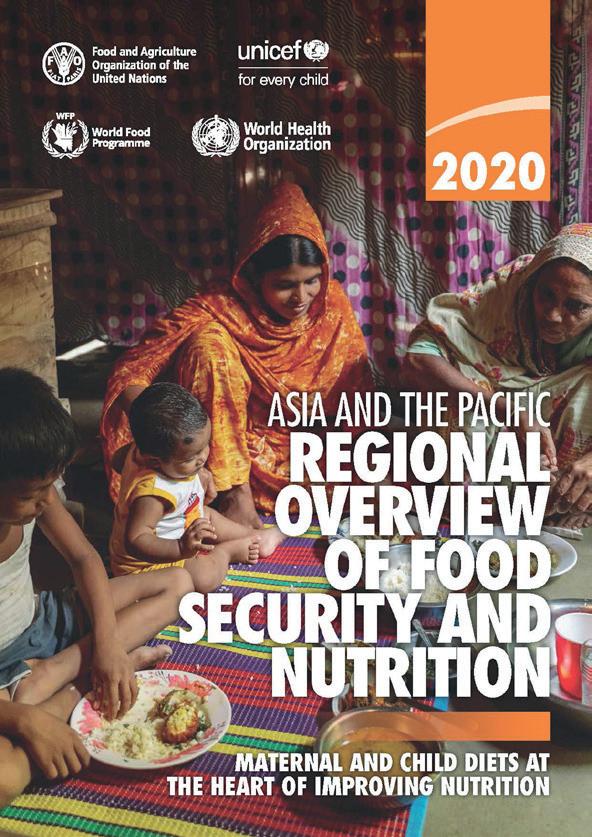Books
OrganicAgriculture Food and nutrition Fisheries Agriculture
Documentation Center
Aquaculture
MAI
Library
Newsletter
Natural resources
Economic Documentation Center www.iamb.it N° 1 - 2021 - January-February
Newsletter
land productivity gaps in irrigated and rain fed agriculture. WaPOR Version 2 was launched in June 2019 based on extensive internal and external validation and quality assessment. This document describes the methodology used to produce Version 2 of the data at the 250m (Level 1), 100m (Level 2) and 30m (Level 3) resolution distributed through the WaPOR portal. Download publication Cite this content as: FAO. 2020. WaPOR database methodology: Version 2 release, April 2020. Rome.
ECONOMIC AND SOCIAL DEVELOPMENT
Empowering young agri-entrepreneurs to invest in agriculture and food systems. Policy recommendations based on lessons learned from eleven African countries. Type of publication: Book Author: Fiedler, Y. Publisher: FAO Year of publications: 2020 Place of publication: Rome, Italy Other Entities Involved: Swiss Federal Office for Agriculture Pages: 66 p. ISBN: 978-92-5-133342-6 doi: https://doi.org/10.4060/cb1124en Agrovoc: agrifood sector; youth employment; entrepreneurs; support measures; empowerment; investment promotion; Africa Abstract: Measures that empower young agri-entrepreneurs should be a key component of a sustainable developmentcentred investment promotion strategy. The very realization of future generations’ food security, the sustainable transformation of food systems and the combat against unemployment and distress migration all depend upon the successful implementation of strategies that make the agri-food sector more attractive for the youth. This, in turn, requires smart policy responses that will help young investors overcome the numerous barriers they face – access to finance, land, information and technical services, to name but the most crucial ones. Since 2017, FAO has provided support to African and South-East Asian countries in identifying key challenges for young agri-entrepreneurs and good practices through participatory capacity analyses and strategic planning processes which were carried out with, and for the youth. This report summarizes the main findings and lessons learned from FAO’s work with eleven African countries – Côte d’Ivoire, Guinea Conakry, Malawi, Mali, Mauritania, Mozambique, Namibia, Senegal, South Africa, Tunisia and Uganda. It identifies key challenges and policy recommendations regarding youth’s access to finance; land; technical services and information; as well as the engagement of youth in policy-making processes. The report also contains a set of five overall key policy recommendations for the empowerment of young agri-entrepreneurs. Download publication Cite this content as: Fiedler, Y. 2020. Empowering young agri-entrepreneurs to invest in agriculture and food systems – Policy recommendations based on lessons learned from eleven African countries. Rome.
23 3
back to index
Economic and social development
Mediterranean Agronomic Institue of Bari

